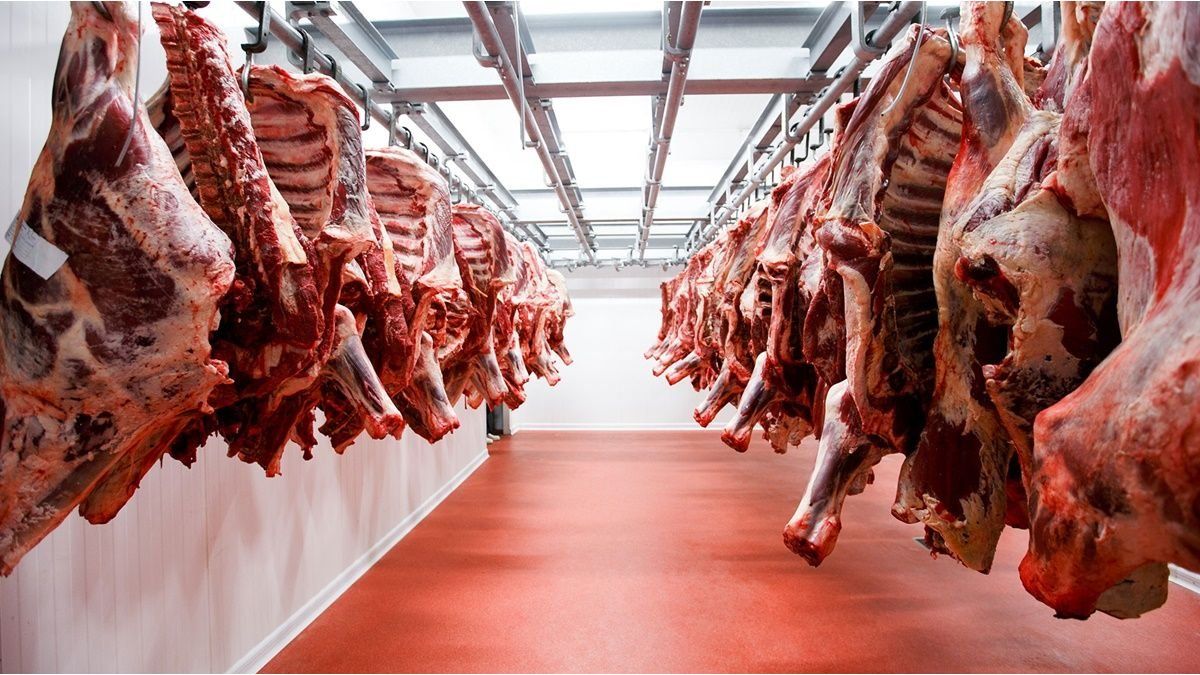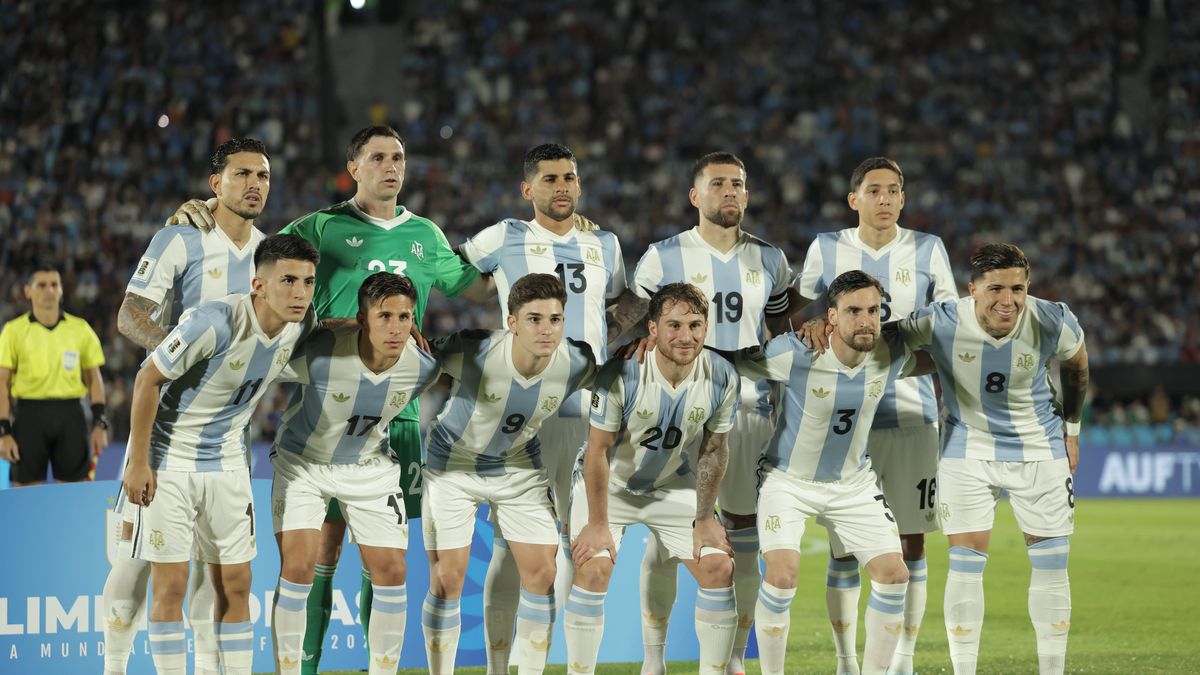OÖN: Your immediate predecessor, Alexander Schallenberg, was in the Federal Chancellery for almost two months, Sebastian Kurz for three years. How long will we see you here?
Karl Nehammer: The whole process of becoming chancellor took place in a relationship of trust with the coalition partner. We have a solid majority in Parliament. And as long as that majority is there, there is this government. So far I see no signs that this majority would no longer exist. So yes, this coalition and this government will exist until the end of the legislative period (2024, note). The greens know me. I think they appreciate me, even though I was Minister of the Interior, because they always knew where I was going. There are also many continuities in these breaks. I negotiated the most difficult issues with the Greens and went through difficult phases with them. We didn’t have to discuss it for long now. We just looked how we could set up the transition well.
They showed us how much the rooms in which we sit here are shaped by the symbols of the republic. Which Federal Chancellor of this Second Republic is your role model?
Leopold Figl (ÖVP Federal Chancellor 1945-1953, note). He has a unique biography. He was imprisoned on death row in 1945. The Russians were already close. The prison director thought he’d make a deal for himself by letting Figl out and then saying he’d done something good. Figl has insisted that everyone who sat with him be released. This form of being there for one another is unique. Figl was later criticized most in the party for being such a connector.
Is Sebastian Kurz also a role model?
I am different from Sebastian Kurz. I have a different biography. I have a different age. I have other imprints. But what unites us is our passion for the new People’s Party. This party is – contrary to other narratives – at any rate new. I also know the People’s Party differently from before. The new people’s party, of which I can now be the federal party chairman and which was significantly shaped by Sebastian Kurz, is actually a people’s party again. It is his merit. There is no contradiction between different necessities, between those of the economy, the low income and the retirees. What also connects us is a culture of togetherness. Club chairman, Federal Chancellor, Minister: You stand up for one another and do not primarily have the sending sub-organization or your federal state in mind.
A noticeable change to Kurz is the appearance towards the opposition. You go towards this. They invite you to talk. Why?
Every time needs its political answers. And our time needs dialogue and reconciliation.
But that would have been on the agenda three or six months ago.
You asked me what I was doing. I’m sitting here as Karl Nehammer and not as an evaluator of Sebastian Kurz’s chancellorship. We need dialogue, also because we have a political player who exploits and further polarizes the fears and worries of those who have not yet been vaccinated. This group is divided into radical opponents of vaccinations and those who have fears or worries and just want to be heard. It is not about a match between vaccinated and unvaccinated. My main task as Federal Chancellor is to make it clear that we have a society. We are threatened by the virus and not whether we have been vaccinated or not. Getting vaccinated shouldn’t be a partisan decision.
You spoke to FPÖ boss Herbert Kickl without mentioning the name. Do you expect Kickl to become “civilized” and moderate his tone?
I can’t see that right now. We have very different points of view. It also separates us the question of how to deal with moods. But – and this is very important to both of us – the willingness to engage in dialogue must continue to be lived. What I do not accept and where I show clear lines is when people consciously bring untruths into the world and call for wrong medication.
Is it a sign of dialogue when Kickl railed so badly in parliament that he received four calls for order?
When you have a dialogue, you cannot choose how the interlocutor arranges the communication. It is clear that I consider this to be subterranean in the matter. The key is not to lose the ability to speak. Knowing that his point of view is wrong from my point of view. Knowing that he is currently forgetting one of the most essential principles in politics, namely that the tongue is sharper than the sword. Carrying out caricature images of people can lead to violence. There is often a willingness to use violence at the demonstrations. Above all, I want to counter the misconception that those who oppose vaccinations are fighters for freedom. In truth, they are doing the opposite and helping to ensure that those vaccinated also have to go into lockdown. We have to break through that freedom is played off against freedom here.
There are protests in front of editorial offices, the last time a nursing home was smeared. Is there a risk of loss of control as a result of the demonstrations and the actions of anti-vaccination campaigners if the escalation continues?
If I advocate disarmament of the language, then also in this case. The reality is different: the security authorities are very well prepared. And we have police officers who are well trained. But yes. We have to make it clear that there is zero tolerance for violence. We have to create awareness of the problem, especially in this heated atmosphere in which objectors to the state, right-wing extremists and groups prone to violence subvert the protests.
In February the vaccination should follow. What are you doing so that this measure does not lead to further radicalization?
We are currently experiencing a very strictly controlled opening process. The lockdown for unvaccinated people still applies, it is one of the toughest measures there is. But it also has the effect that many get vaccinated. In addition, anything that leads people to get vaccinated is welcome. The Federal President has opened the Hofburg, the Minister of Defense has provided a Hercules transport machine in which one could be vaccinated. We have seen in Burgenland that the vaccination lotteries work. I tell vaccine skeptics the following: Go to your family doctor, you trust him in so many things and for so many years, he will also be able to tell you what is right in this case too. And the moment you get vaccinated, the lockdown is over for you.
How long will we still have the measures?
In my opinion, 2G in public spaces for as long as possible. But the lockdown for the unvaccinated must always be proportionate. This is checked every ten days.
Do you dare to say how long the pandemic will keep us busy?
I don’t dare to give any prognosis. Thanks to the achievements of science, we have the chance to confront the virus. But it will stay. The opening we’re making now is one with a seat belt. There is only one way that our freedom is preserved – vaccination. We have to be very precise in communication. We’re not in a hurray situation, but people need a respite.
How high should the vaccination quota be due to the compulsory vaccination? Have you set yourself a specific target value?
I have become careful. The experts don’t commit themselves to that either. We have a positive trend in vaccination, we have to provide more incentives and well over 80 percent so that we can create resilience in society. Here again the proportionality of the mandatory vaccination comes into play: it is only justified as long as not enough people have been vaccinated.
But what does sufficient mean?
The question is what is realistic? If we can get 90 percent vaccination coverage, that would be perfect. Hence our motto: motivate, motivate, motivate.
Do you anticipate the need for a fourth or fifth vaccination, which will be forced by further mutations?
Not only is politics learning from this pandemic, experts are also doing it. A short while ago it was said that we have nine or six months until the third stitch, now we have four. Everything is constantly being adapted to the state of research. But whichever variant comes along – vaccination is the best way to protect yourself.
On another topic: The Green Environment and Transport Minister Leonore Gewessler has turned many interest groups against her with her decision to stop important road construction projects such as the Lobau tunnel. Black and red governors, industry and the VP-Wirtschaftsbund are at a distance from the minister. How much is that burdening the turquoise-green coalition?
The basis of our actions is the government program. The Minister of Infrastructure has made another decision by evaluating various projects. That is part of their departmental responsibility. There is a law for the Lobau tunnel, but the minister is responsible for financing. She has the sovereignty to say whether she finances it or not. If she thinks a project is no longer up-to-date, she has to put alternatives on the table. Such proposed solutions are very important for the regions concerned. When it was canceled, Gewessler promised that it would provide alternatives. That is now your great task and political responsibility. I am trusting there.
But the tensions between the two ruling parties are evident on this issue.
Yes, transport policy is an area of tension for the ÖVP, just as asylum and migration are an area of tension for the Greens. This coalition functions in the awareness that there are burdens, but also limits of burdens. The People’s Party is the guarantor of common sense and a sense of proportion.
Has it become more difficult since the Greens pushed Sebastian Kurz out of government?
Of course, what happened there was intense. Such cuts make trust a big issue. We’re good at rebuilding that. In any case, there is a great deal of trust between Werner Kogler and me, as well as between the club leaders Sigi Maurer and August Wöginger. These are the most stable pillars of this coalition.
Source: Nachrichten




